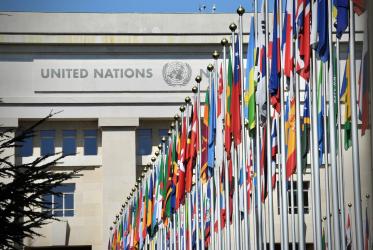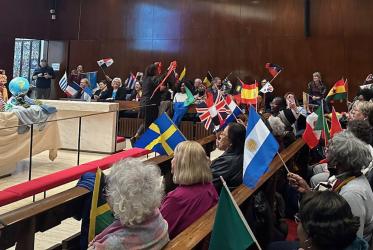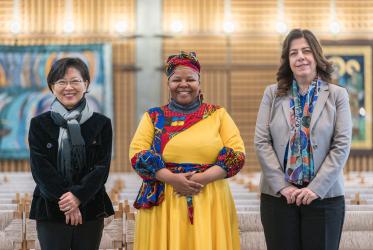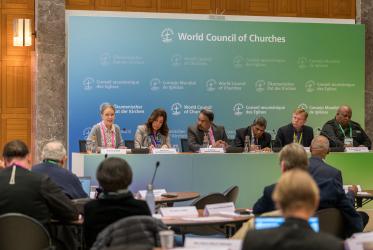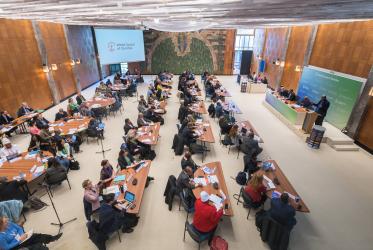Displaying 1 - 20 of 800
South Sudan churches share Easter messages of hope
04 April 2024
Voice of churches vital during UN women’s rights talks
28 March 2024
WCC expresses deep concern for human rights in Haiti
28 March 2024
Three WCC commissions elect vice moderators
08 March 2024











